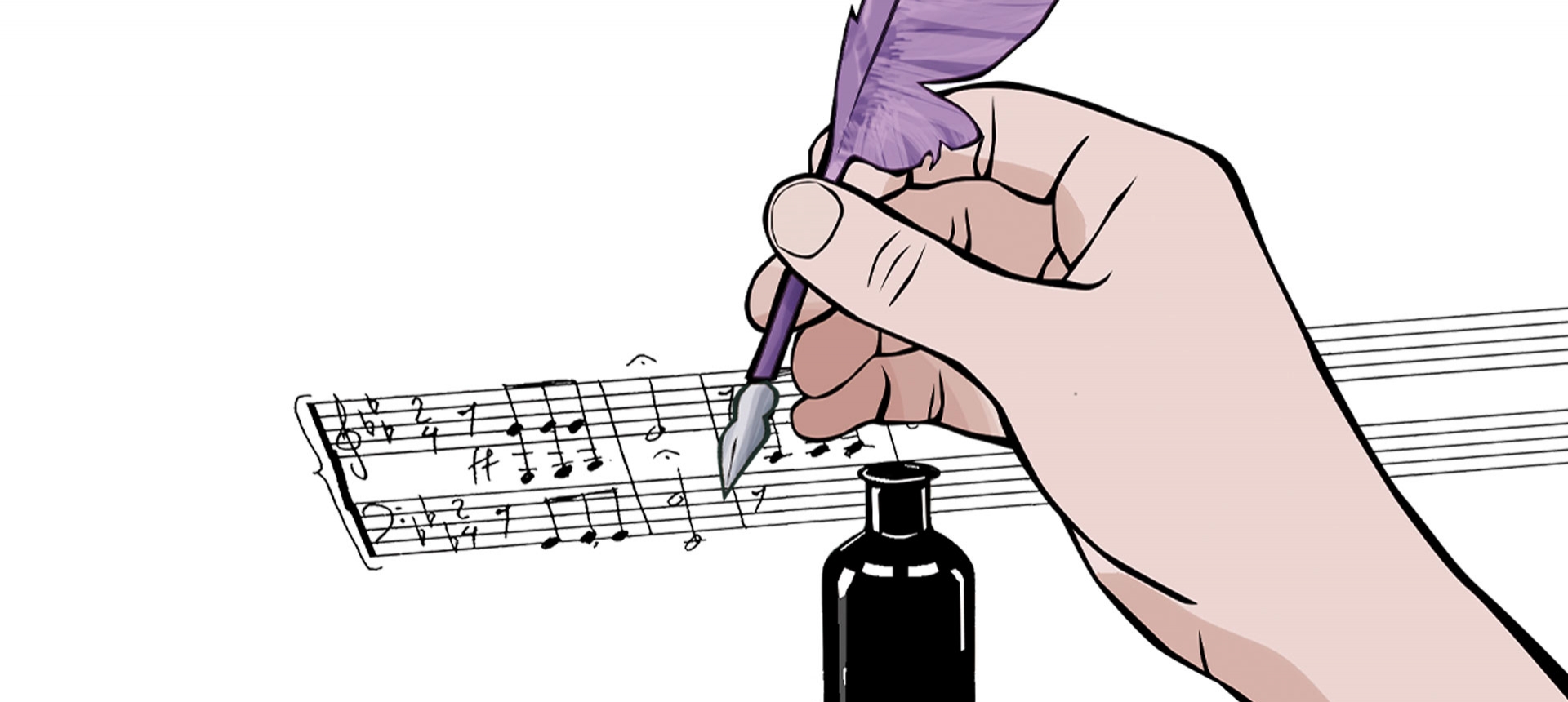Who are the composers behind the most famous classical masterpieces? Take the opportunity to get to know some of them and listen to the music – maybe it will be the start of a lifelong friendship.
1700
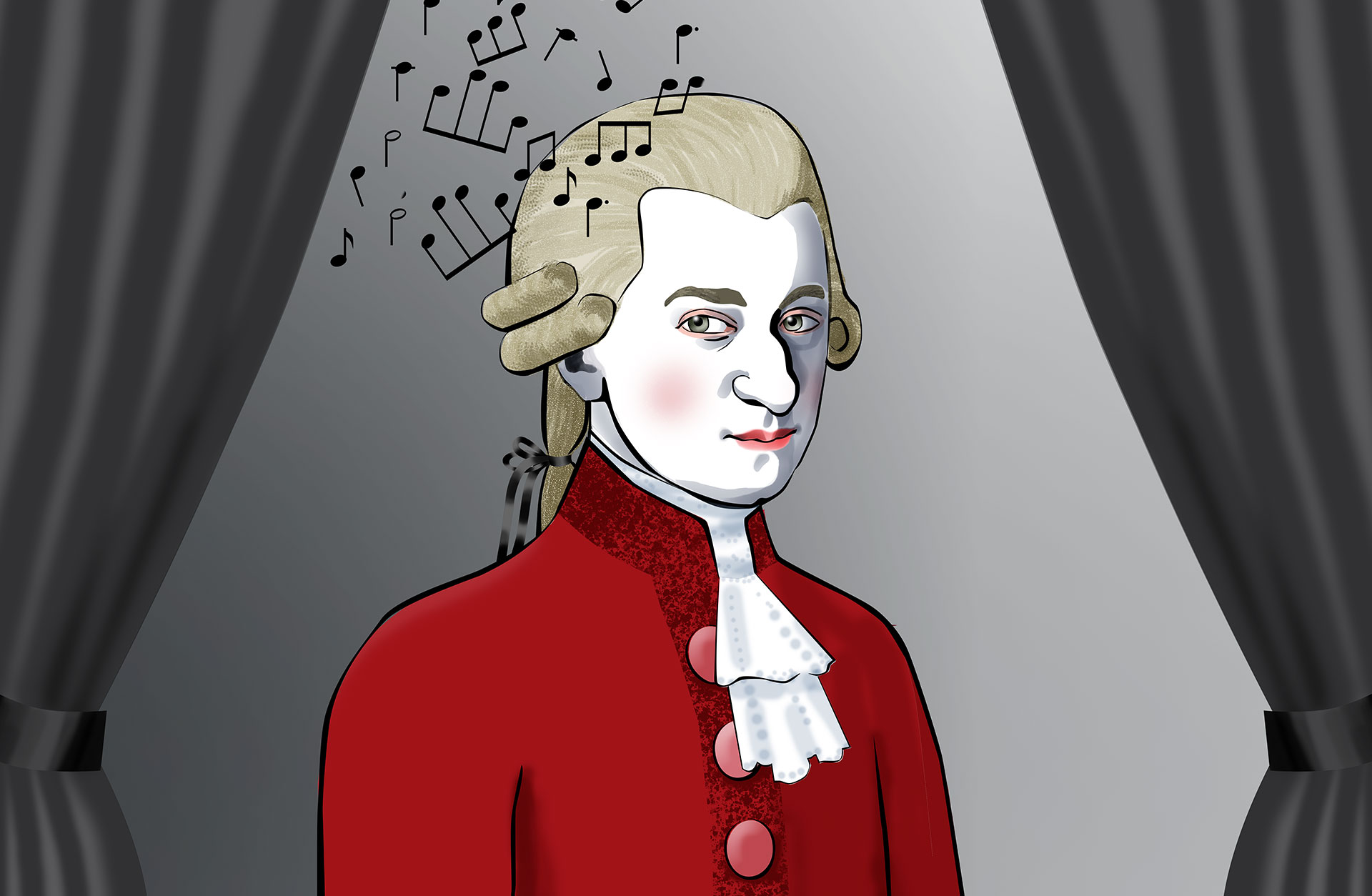 1756-1791
1756-1791
Wolfgang Amadeus Mozart
Mozart is from the Rococo – the art style that is balanced, neat, clear and distinct. Just like his music. He was positive and cheerful and this in combination with an exceptional musical talent makes his music glide forward like on clouds. He was a master of the piano and a rascal on the violin – and often broke.
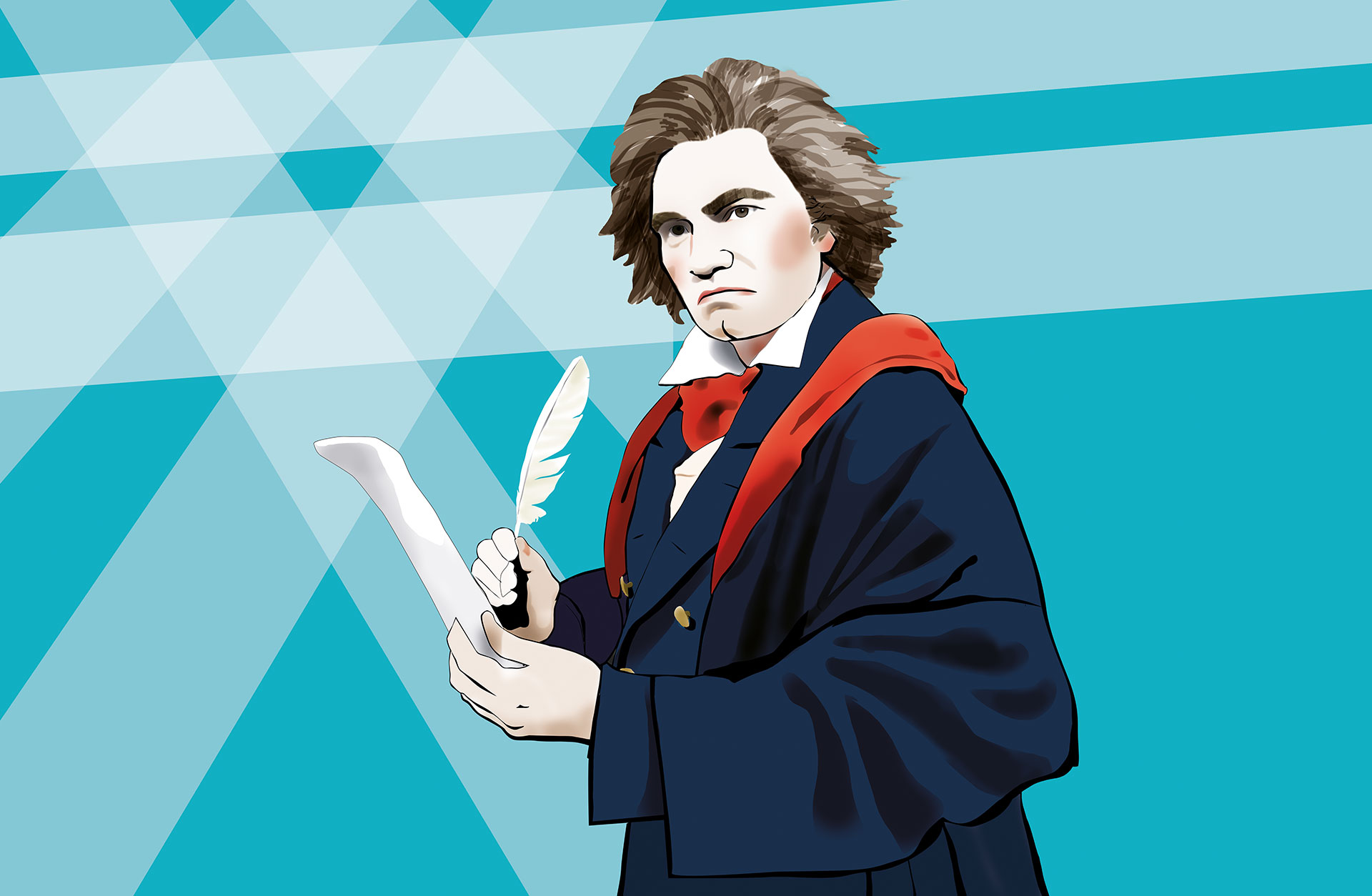 1770-1827
1770-1827
Ludwig van Beethoven
Beethoven has become synonymous with classical music: the introduction to the Fifth Symphony has been number one on the classical lists for hundreds of years. In social life, Beethoven could be a lout with his straightforward and uncensored comments – he did not have time for flattery or obsequiousness.
1800
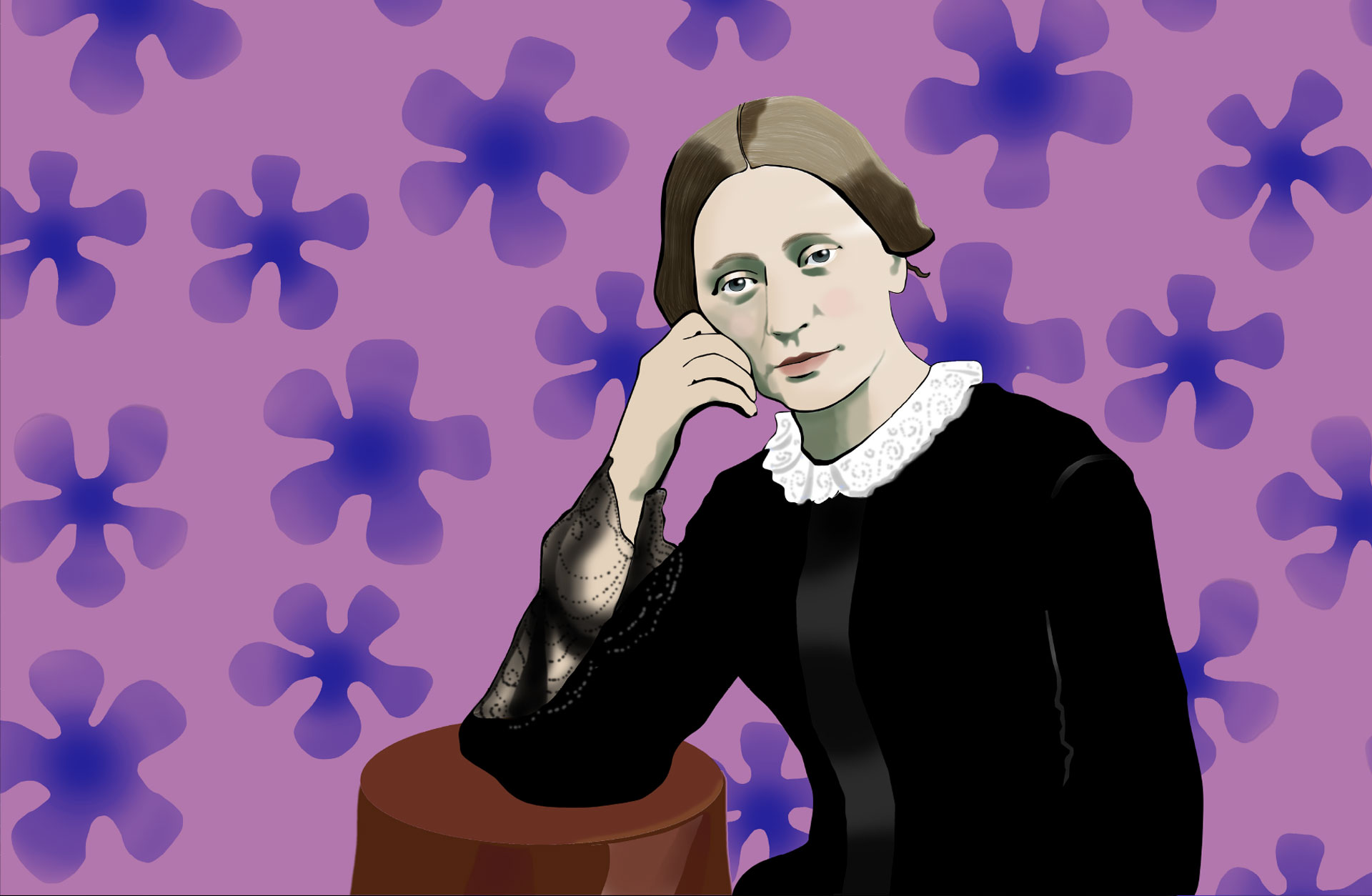 1819-1896
1819-1896
Clara Schumann
She was the child prodigy who played piano concertos by heart. She wrote colorful compositions and taught the first female composition students. And had it not been for Clara Schumann, Brahms’ music would not have been so full of love.
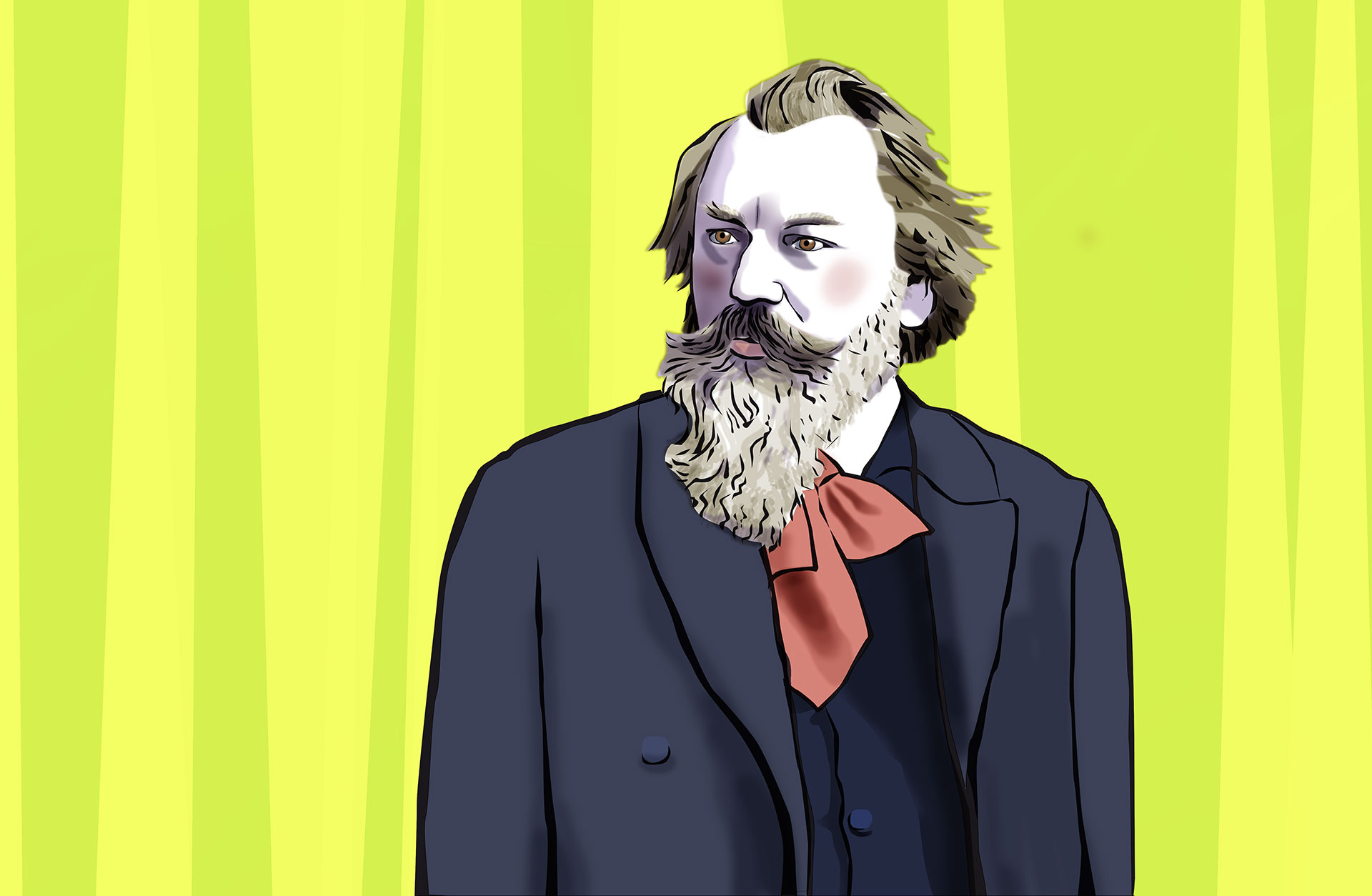 1833-1897
1833-1897
Johannes Brahms
In the past, people talked about the music’s three big “B’s”: Bach, Beethoven and Brahms. They became white plaster busts and placed on the piano in every middle-class home, or even on a pedestal. Far away from a Hamburger guy who played the piano at cheap harbor restaurants where sailors and prostitutes flocked.
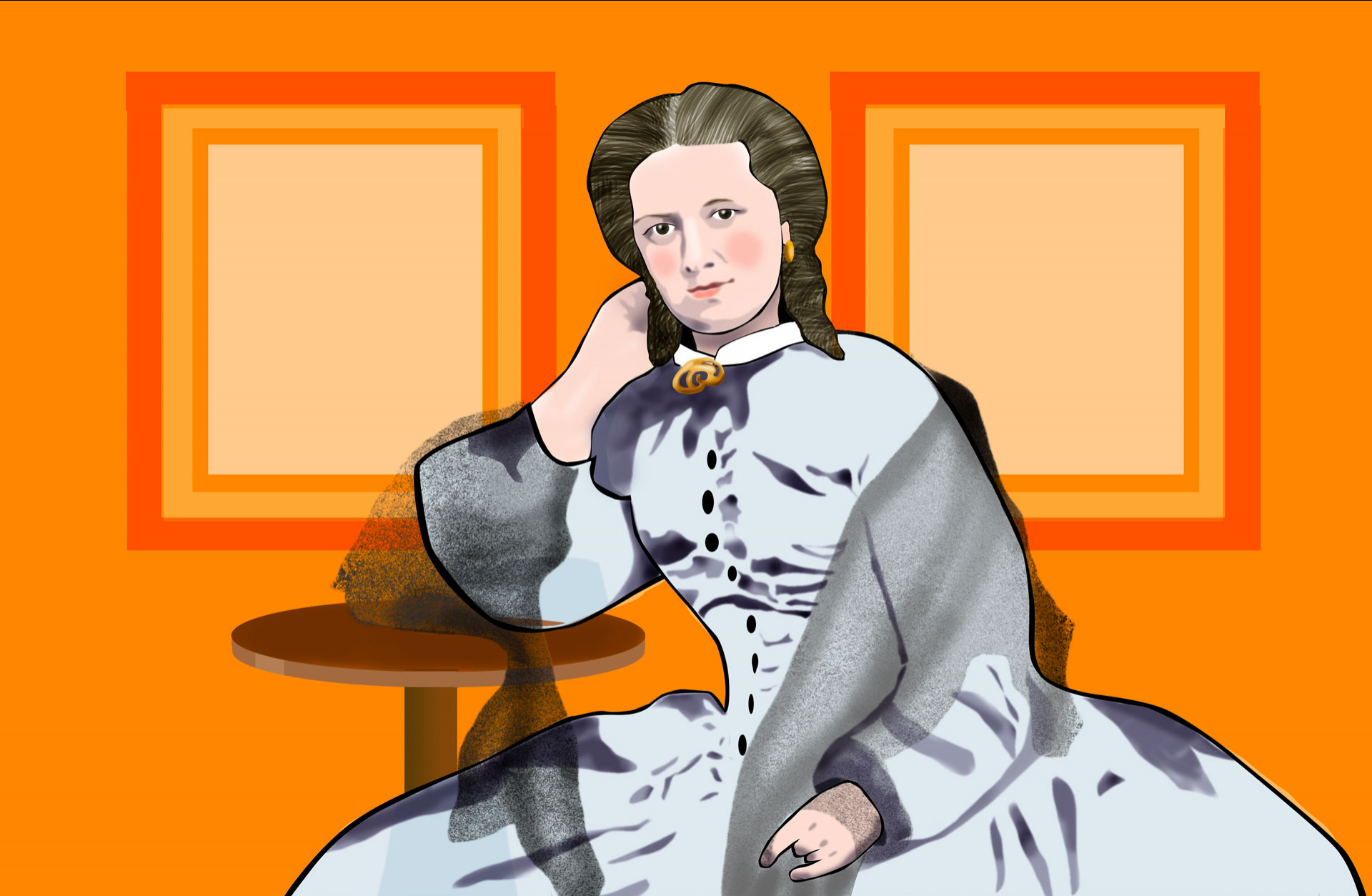 1839-1927
1839-1927
Laura Netzel
What was a woman who wanted to publish her music or literature to do in the late 19th century? Well, get a gender neutral pseudonym. Today, N.Lago gets her real name on the programs.
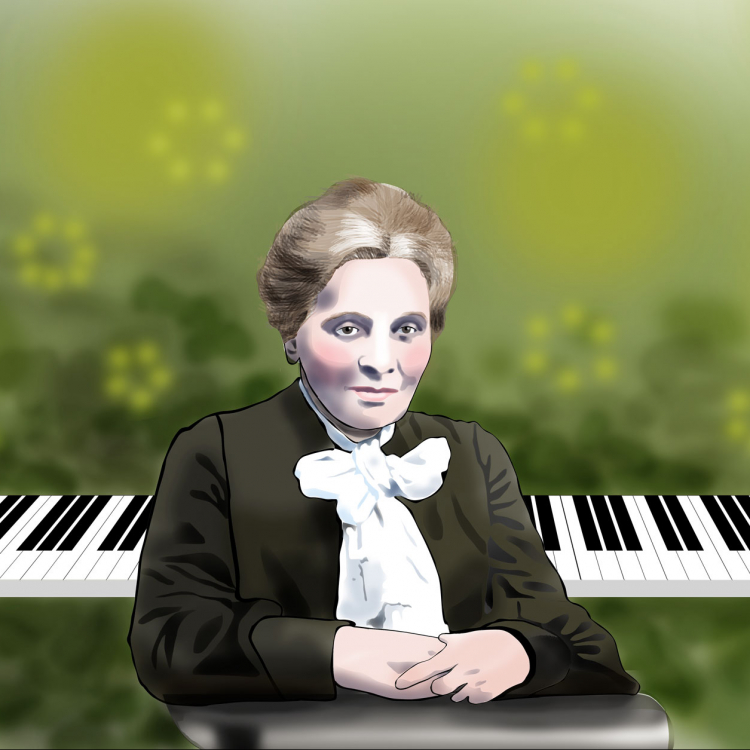 1841-1929
1841-1929
Elfrida Andrée
Elfrida Andrée became Sweden’s foremost and most successful female composer of her time. A true pioneer, and a people educator. Gothenburg’s music lovers have a lot to thank her for.
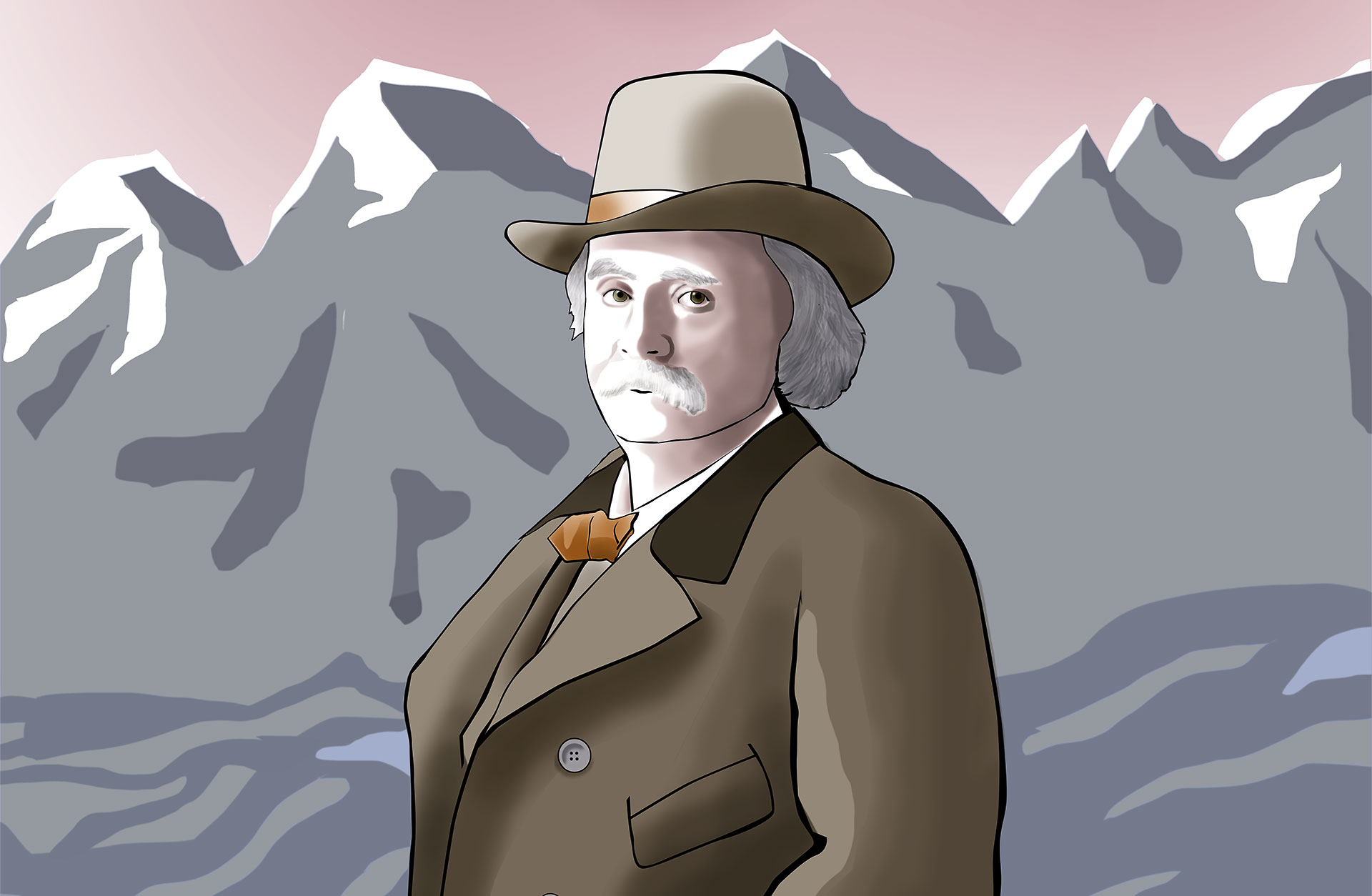 1843-1907
1843-1907
Edvard Grieg
There is a weightlessness in Grieg’s music that makes it go straight in. He had a divine sense of melody and as a skilled craftsman could create an enchanted mood or a sensual intoxication in just a few moments, with seemingly simple means. The Norwegian with the hat, the drooping mustache and the sad eyes.
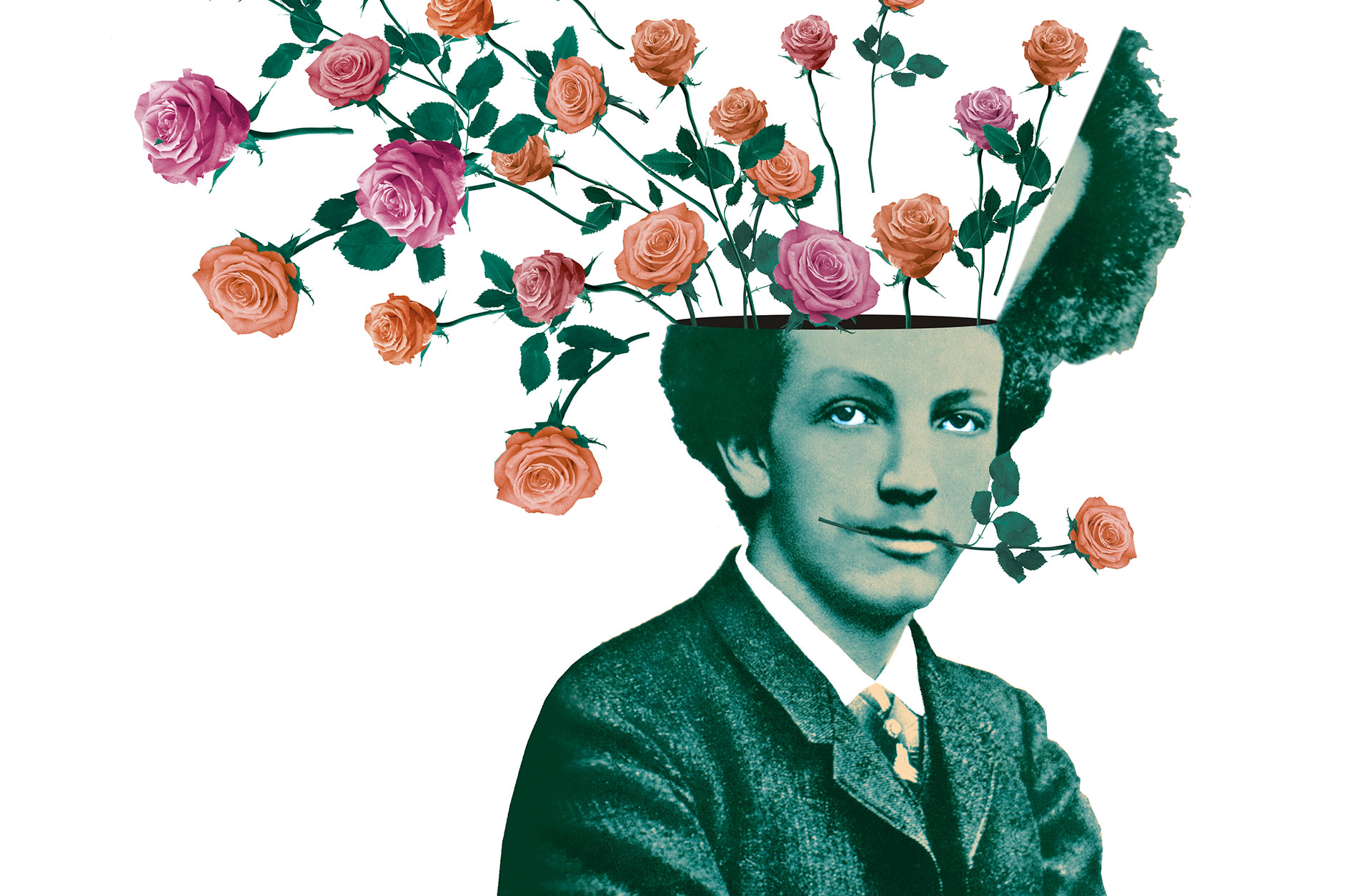 1864-1949
1864-1949
Richard Strauss
Richard Strauss was a natural talent and with a father in the Main Opera Orchestra in Munich, there were also the external conditions. The composer often sat in the opera darkness where he got the musical experiences of his life when Wagner’s huge works were staged, magnificent both in terms of scenography, performance and musical richness of sound. This is where his taste for “extra everything” was born!
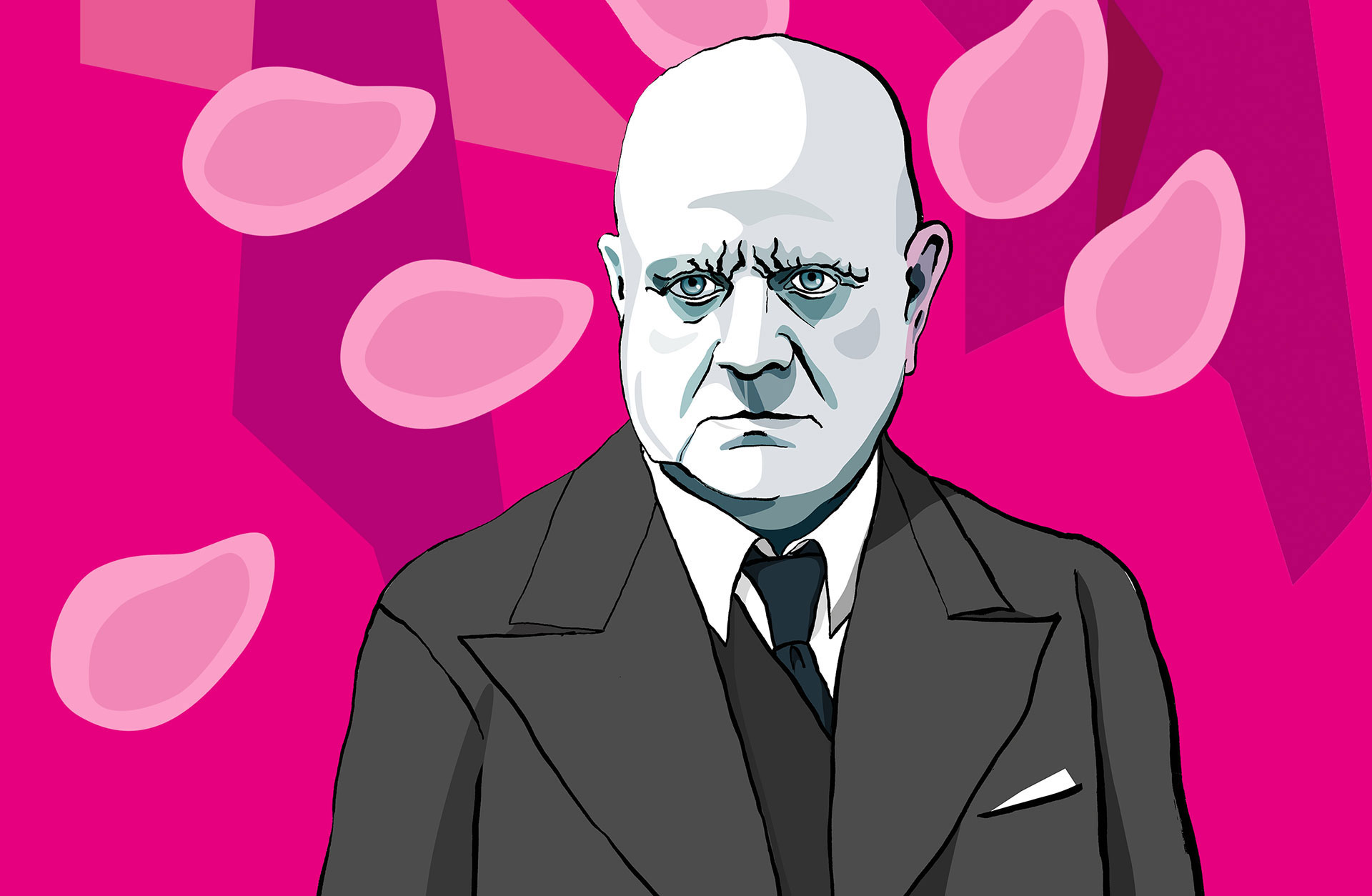 1865-1957
1865-1957
Jean Sibelius
This tough Finn is often associated with the forests and granite cliffs of Finnish nature, but he was just as much a world-famous socialite. Jean Sibelius’ real name was Johan, called Janne, and the surname has its origins in Sibbe farm, owned by the family for generations. That it became Jean is because Sibelius inherited a box of business cards from an uncle with this name.
 1871-1927
1871-1927
Wilhelm Stenhammar
In Sweden, Wilhelm Stenhammar has always been regarded as a composer on a large scale. Alongside Hugo Alfvén, he is the strongest candidate as a national Swedish equivalent of the Norwegians’ Grieg, the Finns’ Sibelius and the Danes’ Nielsen. In addition, he was chief conductor of the Gothenburg Symphony Orchestra and one of the leading Swedish pianists of the time.
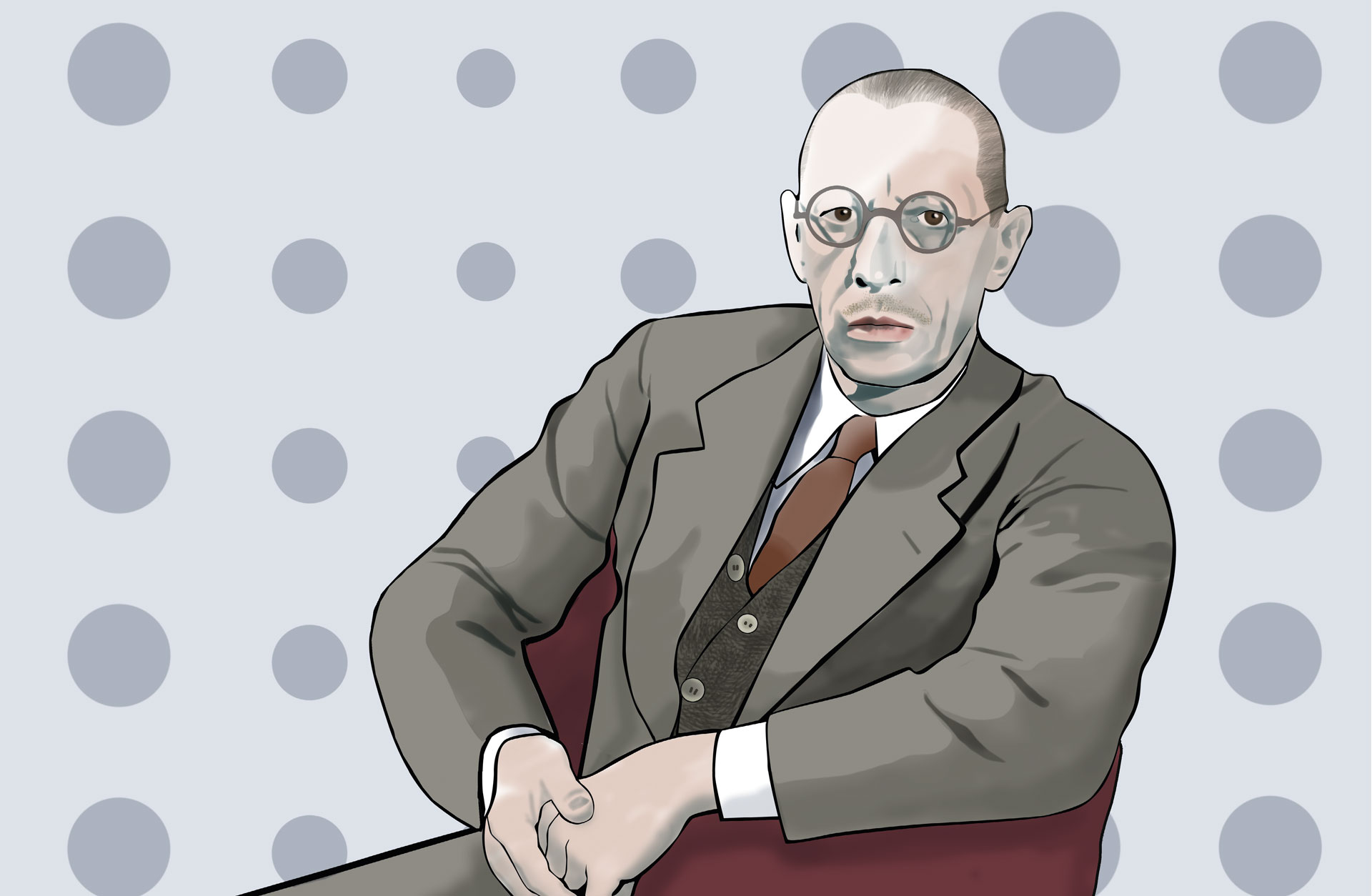 1882-1971
1882-1971
Igor Stravinsky
On the space probes Voyager 1 and 2 there are gold discs with the best music that planet Earth has to offer: Bach, Beethoven, Mozart – and Stravinsky. An honor well deserved by the composer who changed classical music with his originality and finesse.
1900
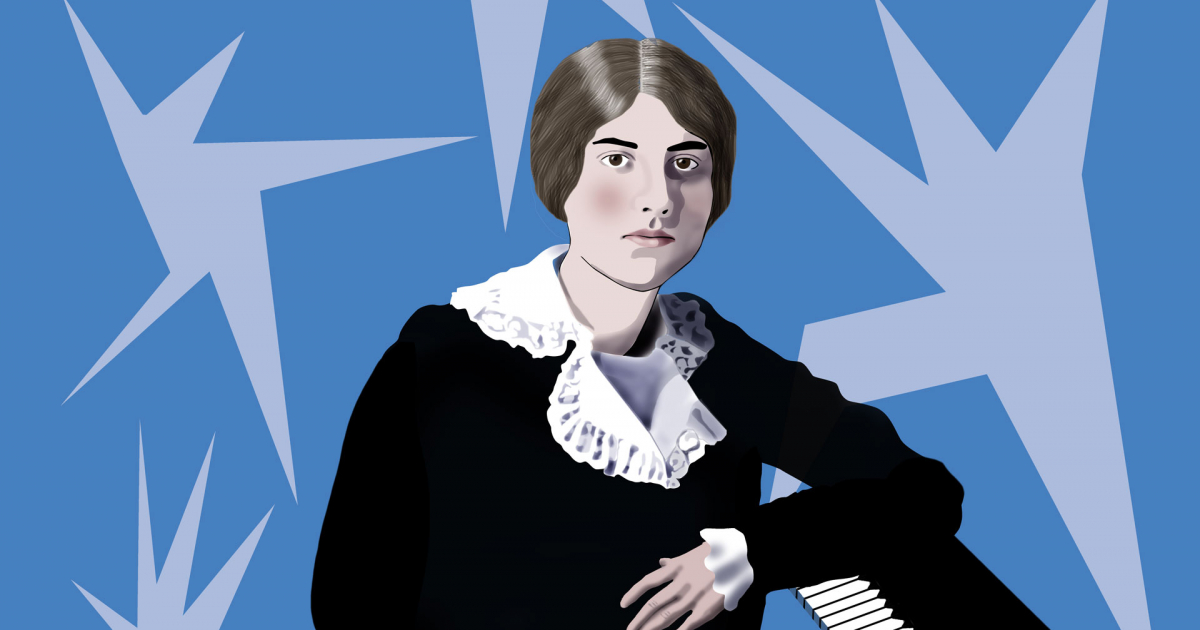 1893-1918
1893-1918
Lili Boulanger
David Bowie, Kraftwerk, Big Mama Thornton, Madonna – all created new music with the message “This is how music will sound in the future”. For that they have become immortal. Lili Boulanger can be counted among this crowd. Had she been granted to live longer than her 24 years, she could have become as influential as Igor Stravinsky.
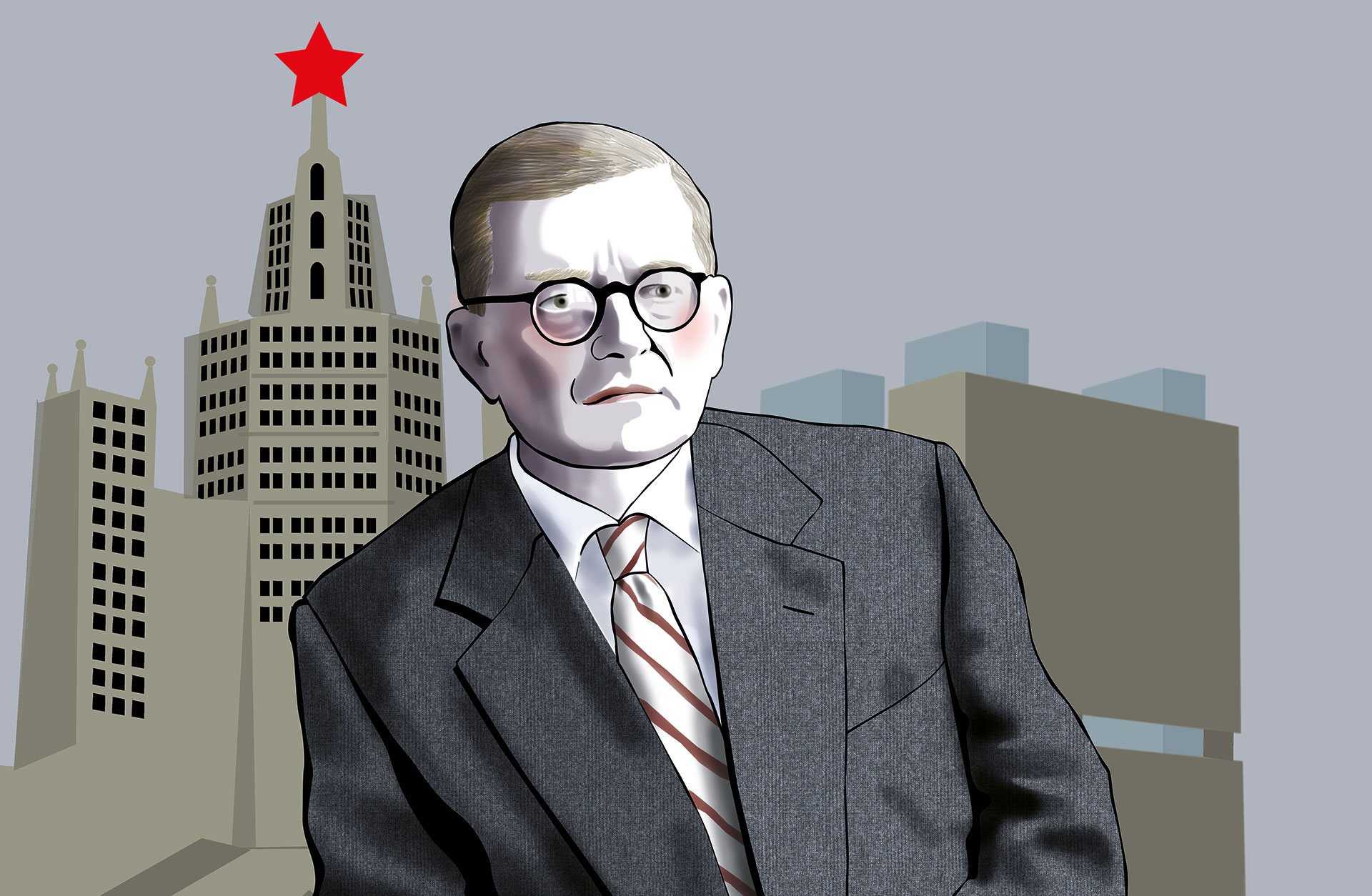 1906-1975
1906-1975
Dmitry Shostakovich
The life and career of the Russian composer Dmitry Shostakovich was truly a roller coaster in the shadow of dictator Stalin. After the sensational breakthrough of the first symphony and subsequent successes, everything crashed with the opera Lady MacBeth, which Stalin thought sounded bad. But was Shostakovich an accomplice or a subversive system critic?
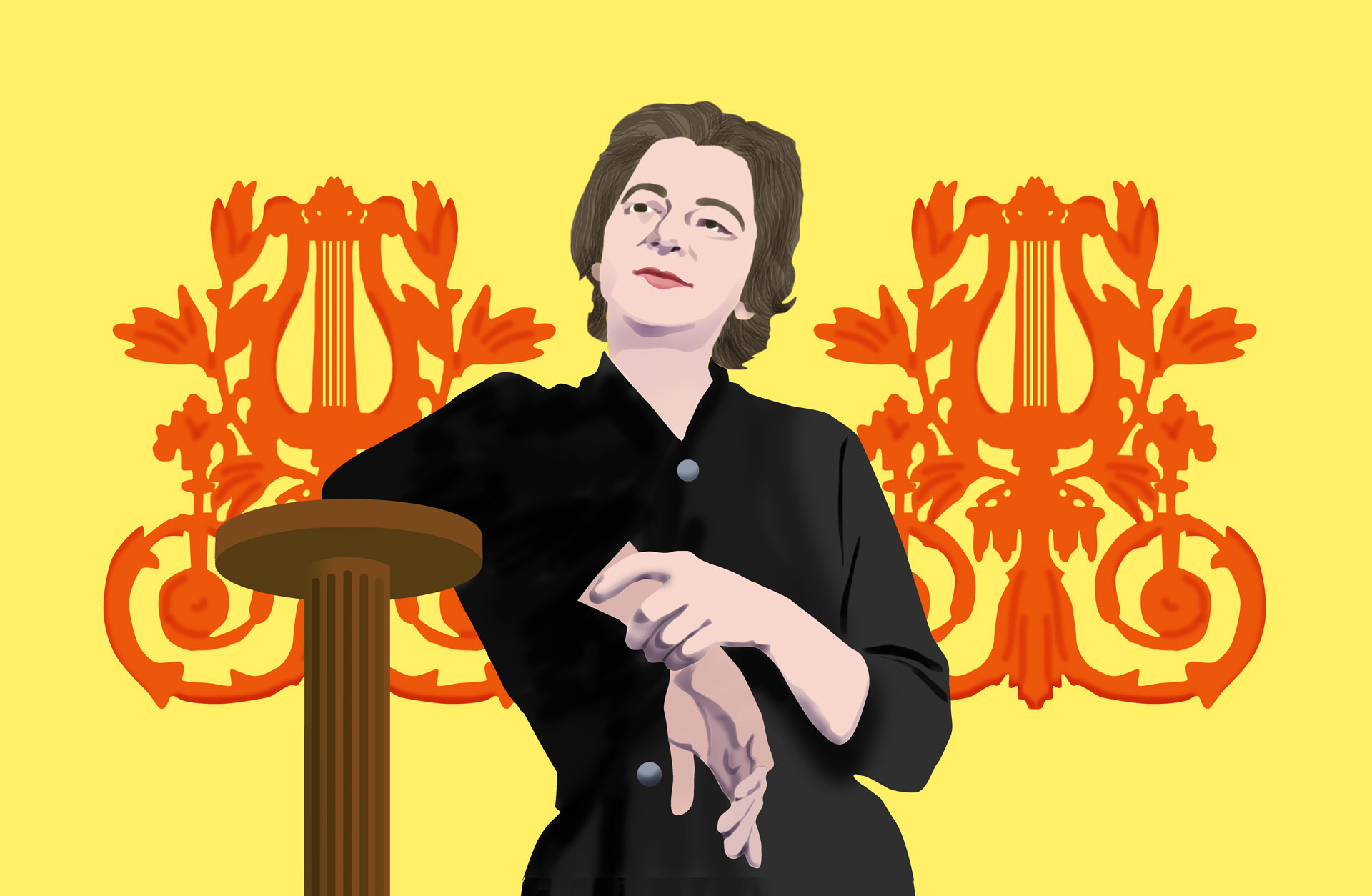 1909-1969
1909-1969
Grażyna Bacewicz
She survived WWII and made a career both as a prominent violinist and as a composer. Today, she is referred to as one of the foremost female composers of all time. Remember the name Grażyna Bacewicz.

